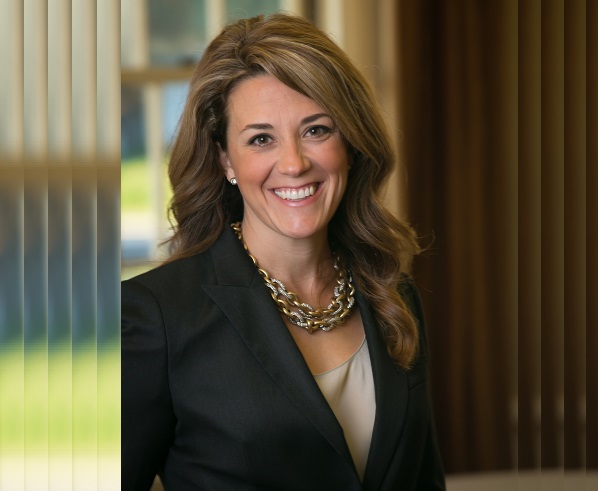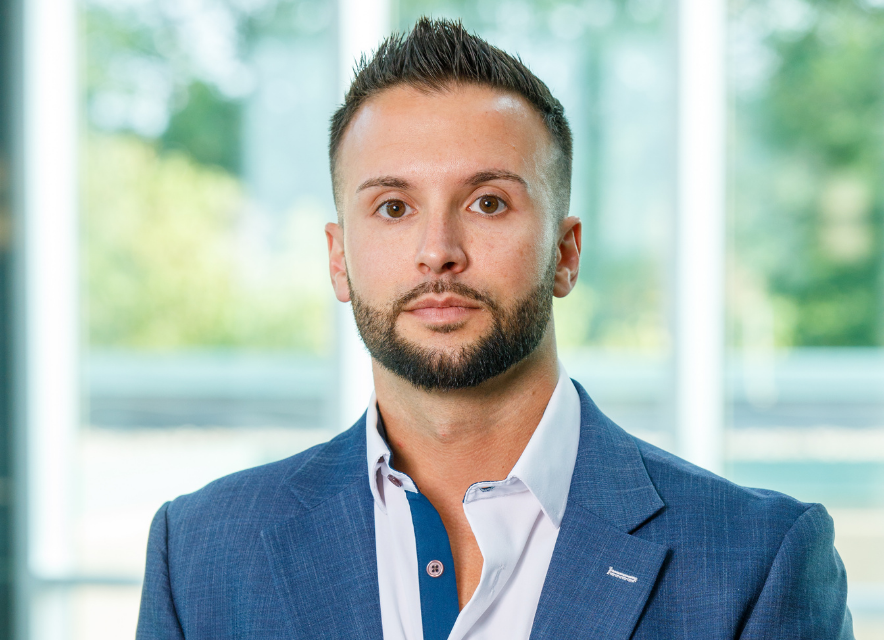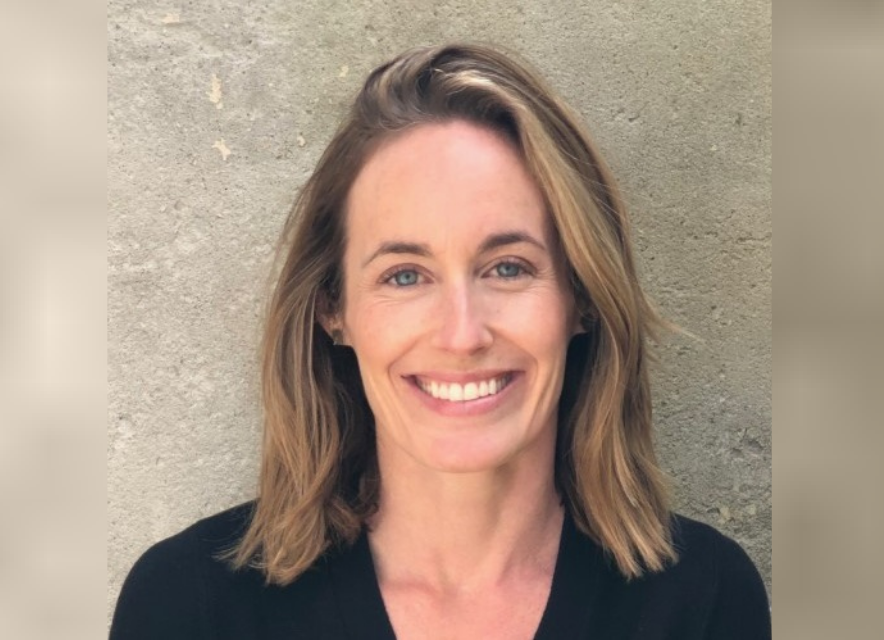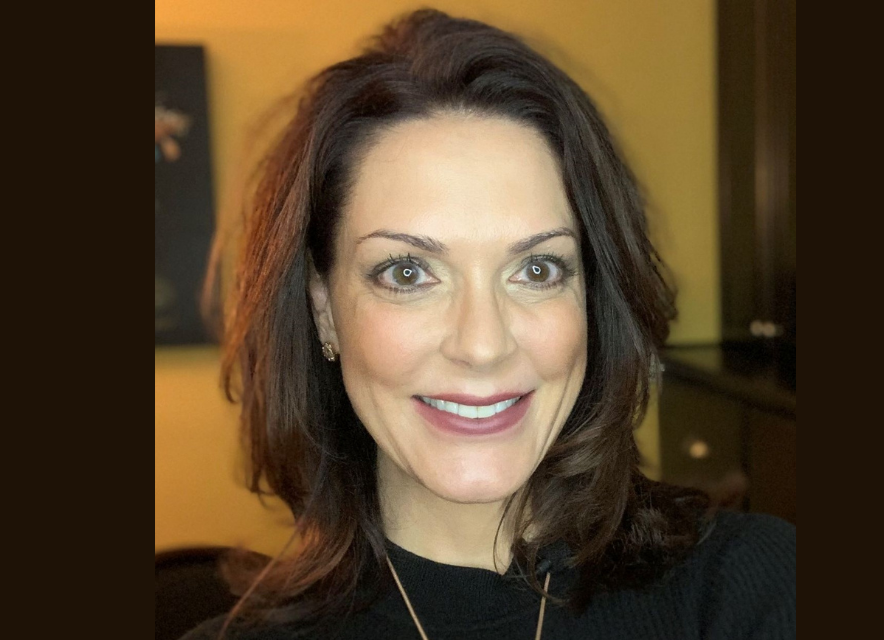Podcast: Play in new window | Download
Subscribe: RSS
Kelly Decker is the President of Decker Communications, Inc. A keynote speaker, messaging expert and executive communication coach, she helps professionals and senior leaders unlock their potential. She also personally coaches executive leaders from Fortune 500 companies. She’s the co-author of Communicate to Influence: How to Inspire Your Audience to Action.
Takeaway Quote:
“Lead with how you want them to act differently by being on their side.”
1:34 The history of Decker Communications Website: www.decker.com Stephen Wershing: www.TheClientDrivenPractice.com/checklistblog Steve Wershing: As financial advisors, our job is actually to persuade people to do the right thing. We need to influence their behavior to help them create good outcomes for themselves. Yet during our education as financial advisors, we’re taught all of the disciplines and strategies of financial planning, but not much about how to communicate effectively with clients. In this conversation, Kelly helps us understand how advisors often actually come across and it’s not how you hope. She shares with us a lot of good ideas on how to create a communication experience, how to influence, how to make the conversation about the client, how to connect with people in a way that boosts your likeability and engenders more trust, how to communicate authentically, and we discuss the relationship between effective communication and referrals. There is nothing more fundamental to being successful as a financial advisor than communication, and I think you’ll find a lot of useful advice in this interview, and so here is our conversation with Kelly Decker. Steve Wershing: Kelly Decker: Steve Wershing: Kelly Decker: And my husband Ben Decker and I run the company, and we have been running it together for … since about 2005. Prior to that, it’s not that that’s … We’ve actually been in business for much longer. My father-in-law started the company back in 1979, and he was really one of the very very first people to think about business communications training, and specifically, using video feedback as the primary tool to get people to become more effective communicators, and he was actually a filmmaker before he started the company, and so he had this great experience creating documentaries, and one day turned the camera around on himself and went, “Ooh boy, I need help, and if I need help, then I know a lot of other people-” Steve Wershing: Kelly Decker: Julie Littlechild: Steve Wershing: Kelly Decker: Julie Littlechild: Steve Wershing: Kelly Decker: Show Timeline:
And the work they do with business leaders
3:40 What it means to communicate to influence
Why information alone simply is not enough
5:35 The contrast between effective communication and an emotional connection
Paying attention to how a given communication comes across at a deeper level
7:52 The overarching principles to help advisors communicate with influence
Examples of these principles in action
11:38 The importance of having feedback on how you currently communicate
Different methods for gathering that information so you know what to improve
14:48 Kelly’s challenge to advisors before going into your next review meeting
A simple approach that can dramatically change the client’s experience of the meeting
17:22 Applying these principles to generating referrals
The SHARP method Kelly teaches to help her clients optimize the conversation
21:08 The critical things to avoid in client or prospect meetings
The ‘curse of knowledge’, jargon, and pitfalls in the way advisors introduce themselves
24:55 Understanding these concepts as fundamentals of communication
Why they’ll continue to be important, regardless of how technology progresses
28:23 How advisors can get started with this approach
Checking in with clients in advance of meeting, and having a destination in mindLinks:
Book: Communicate to Influence
LinkedIn: https://www.linkedin.com/in/kelly-decker-040935/
Twitter: https://twitter.com/kellydeckerWant more?
Julie Littlechild: www.absoluteengagement.com/blogEpisode Transcript:
Welcome to Becoming Referable, the podcast that shows you how to become the kind of advisor people can’t stop talking about. I’m Steve Wershing. On this episode, we interview Kelly Decker, executive communication coach, President of Decker Communications, and co-author of the book Communicate to Influence: How to Inspire Your Audience to Action.
So Kelly Decker, welcome to Becoming Referable. We’re thrilled to have you.
Oh, thanks so much for having me. I really appreciate it. Looking forward to our time together.
Now I’ve seen you speak and I’ve seen you work, but a lot of our listeners may not have, so can you tell us a little bit about your background and about your company?
Sure. Our company is Decker Communications. We’re based in San Francisco with an office in New York, and we are all about helping people and empowering them to become more effective communicators, and what we mean by that is that we really want to provide tools and opportunities for people to become more effective, and by people, we’re really talking about business leaders and professionals, and we want to empower them to do it, so we don’t want you to have to rely on us. We want to give you the tools and some pointers on how to move that forward.
Oh boy.
So he really started what we call the Decker Method in terms of, how do you think about not only the words you say but how you come across as you say them, and how that ultimately impacts people. He sold the company at one point in time, and we had the opportunity to buy it back and relaunch it, and so I work with my husband and my father-in-law, which makes for communication challenges.
Maybe we should talk about that.
I think it’s a testament to your ability to communicate clearly.
Yeah, that’s right, that’s right.
But it’s … Yeah, go ahead.
No, I’m sorry. So your book with Ben is Communicate to Influence, so I wanted to ask you a little bit about what does it mean to communicate to influence?
Communicating to influence, for us, is about thinking about creating an experience, and it’s about changing the way that someone thinks or acts about you or your firm or whatever topic is at hand. The problem, or I guess I should say the opportunity, is that we default to information instead of influence, and that totally affects and changes the experience that we’re able to create with people, and this could be one person, five people, 10 people. It could be 100 people in a more formal presentation, but the fact is, is that instead of moving the ball forward, maybe for advisors with a prospect or a center of influence, our message can totally end up falling on deaf ears if it’s strictly about information, and not about influence and the experience that you create.Read More







I am a huge fan and graduate of a Decker Communications training. What is interesting to me….is that Kelly has not conquered her “vocal fry” voice…..a term I had never heard until taking their training! (google it!)